Genetics
-
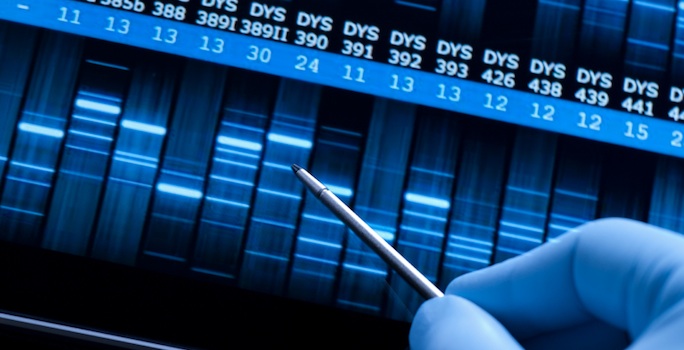
Vanderbilt study raises questions about reporting incidental genetic findings
A genetic test that suggests a patient may be at increased risk for potentially fatal heart rhythms is very often not as ominous as it sounds. Read MoreJan 5, 2016
-

New online tool created to tackle complications of pregnancy and childbirth
An interdisciplinary team of biologists and medical researchers have created a new platform, which they call GEneSTATION specifically designed to leverage the growing knowledge of human genomics and evolution to advance scientific understanding of human pregnancy and translate it into new treatments for the problems that occur when this complex process goes awry. Read MoreNov 11, 2015
-
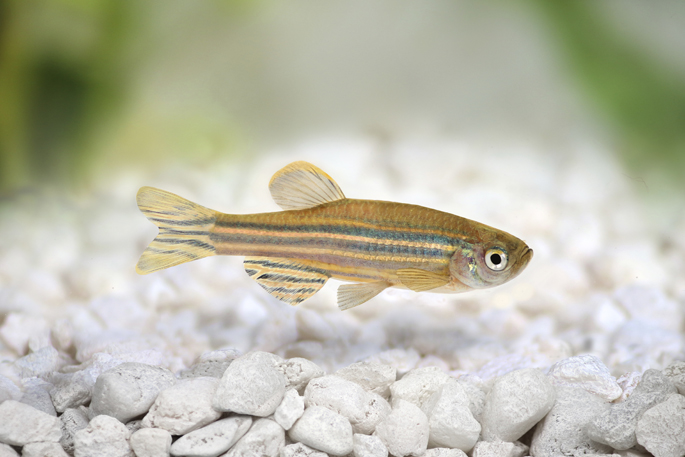
A “CRISPR” way to study disease
Using revolutionary CRISPR technology, Vanderbilt investigators have developed a fast and simple method to simultaneously turn off multiple genes in order to study complex diseases. Read MoreJun 11, 2015
-
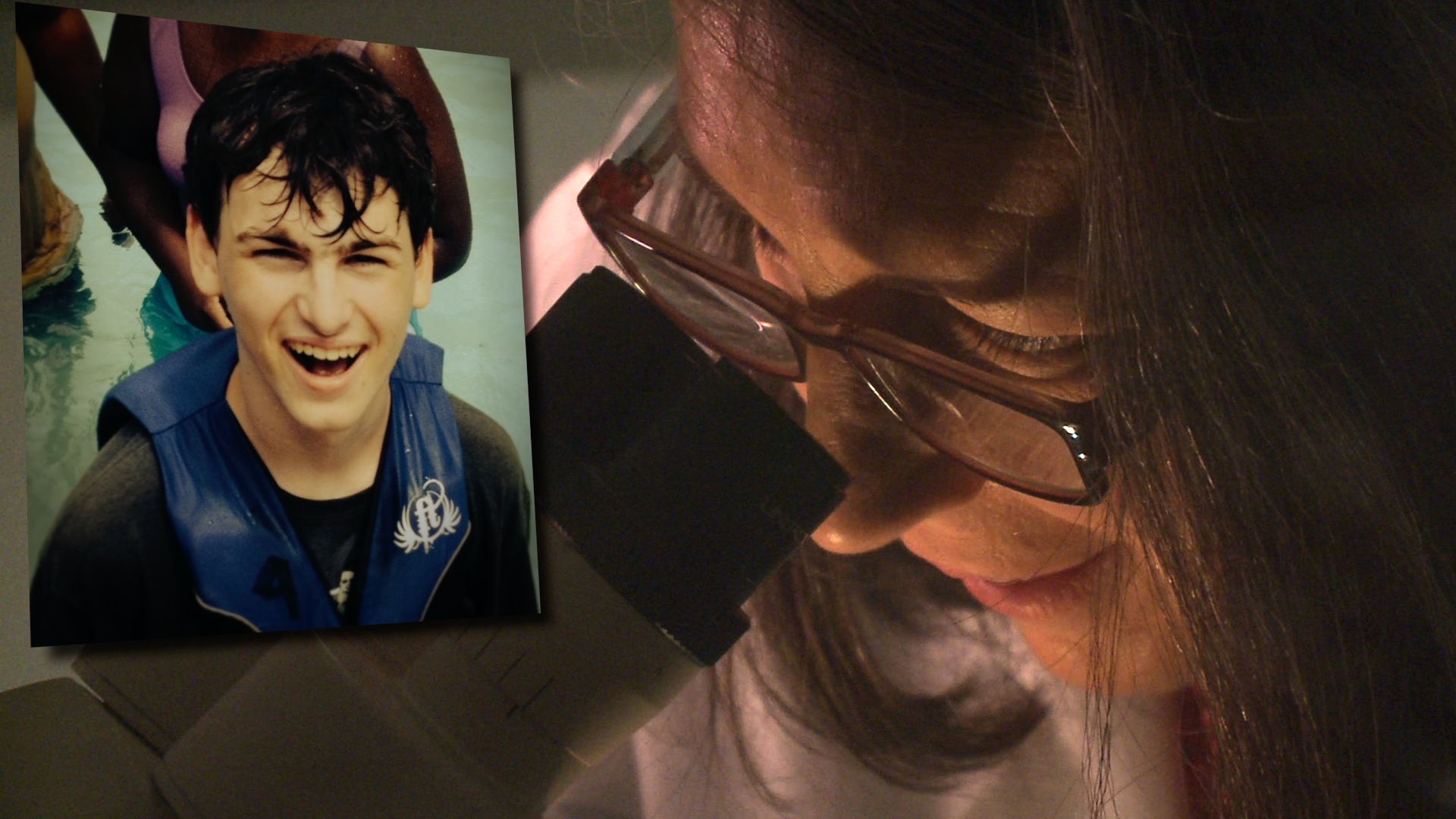
VUCast Extra: One mom’s race for a cure for son’s rare disorder
It’s a story of love and determination and a debilitating lifelong disorder. A son’s rare genetic disease has led his mom to become a scientist at Vanderbilt University. Watch this VUCast Extra and a mom’s race against time. Read MoreApr 7, 2015
-

New certification focuses on genetics nursing
A nurse practitioner at the Vanderbilt Hereditary Cancer clinic is expected to be one of the first nurses in the country to receive a newly created certification in Advanced Genetics Nursing from the American Nurses Credentialing Center (ANCC). Read MoreFeb 5, 2015
-
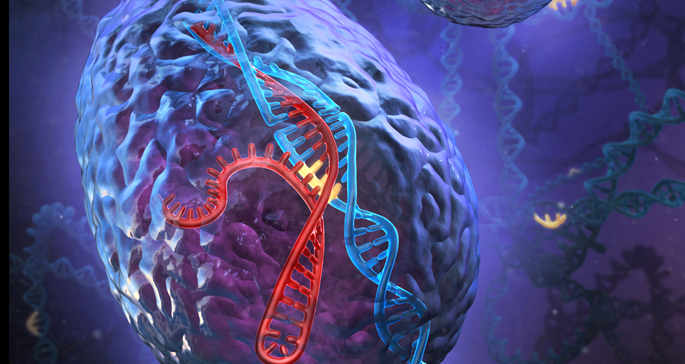
New data mining method reveals cancer-driving genes
Prospecting for genes that might be implicated in cancer, a Vanderbilt University Medical Center research team has struck pay dirt. Read MoreJan 22, 2015
-
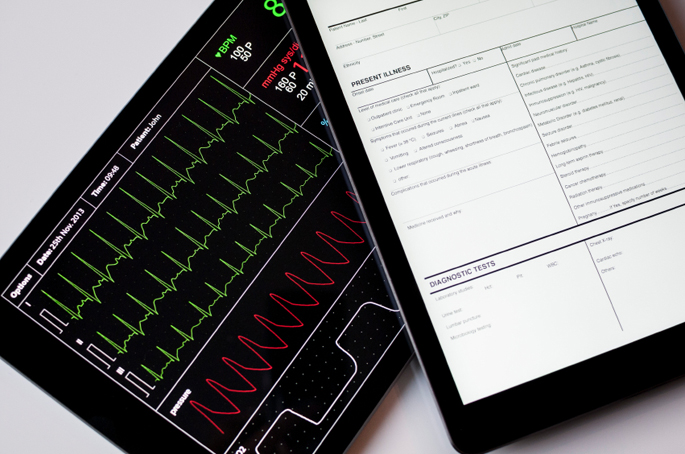
E-records shed light on drug response
Electronic medical records linked to DNA biobanks are a valid resource for defining and understanding the genetic factors that contribute to drug response. Read MoreMar 31, 2014
-
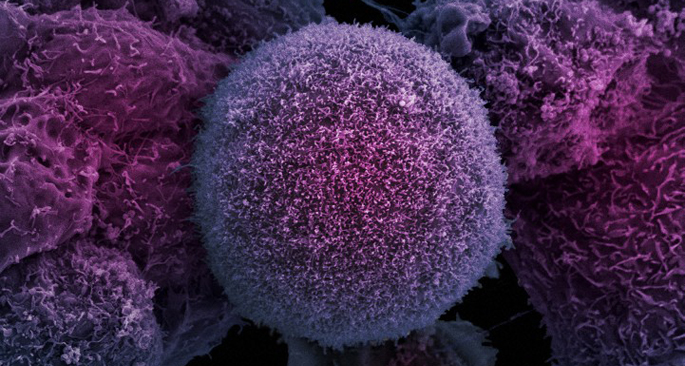
Study links stem cell gene to prostate cancer susceptibility
A gene on chromosome 8 — in a region of the genome linked to risk for many types of cancer — is particularly associated with prostate cancer susceptibility, Vanderbilt University researchers have found. Read MoreMar 27, 2014
-

Web tool speeds pulmonary hypertension discovery
The pulmonary arterial hypertension knowledgebase (PAHKB), developed by Vanderbilt researchers, provides a useful tool for identifying PAH-related genes and signaling pathways relevant to pathogenesis. Read MoreMar 5, 2014
-
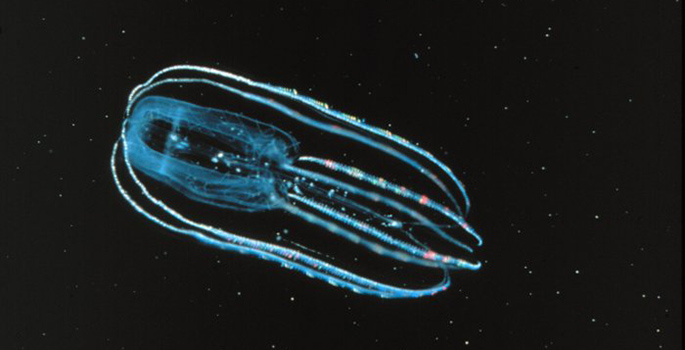
Could comb jellies, close cousins of jellyfish, be the earliest ancestors of animals?
With their intricate, translucent shapes and elaborate bioluminescent displays, comb jellies add beauty and mystery to the ocean depths. They also have an important story to tell about the origin of animals. Read MoreDec 13, 2013
-
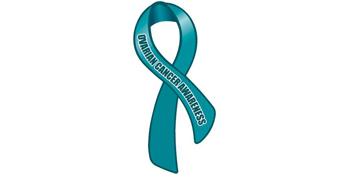
Molecular circuits in ovarian cancer
Vanderbilt researchers have used bioinformatics analysis of gene expression data to describe molecular “circuits” that drive ovarian cancer. Read MoreNov 13, 2013
-
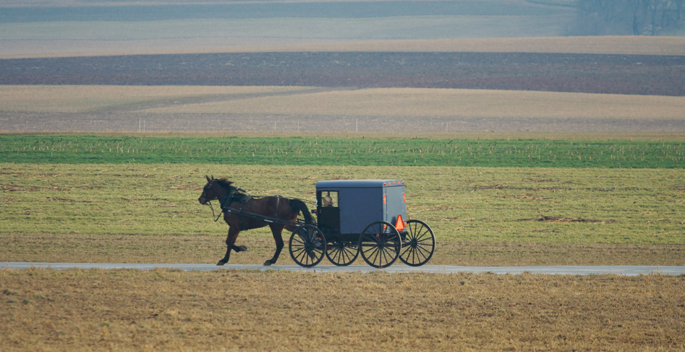
Amish aid study of Parkinson genetics
Amish populations are valuable for genetic research because of their isolation, shared ancestry and homogeneous lifestyles. Read MoreNov 11, 2013
-
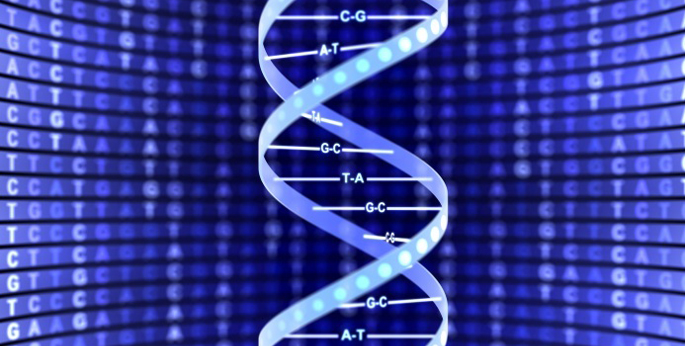
Untangling the tree of life
Vanderbilt phylogeneticists examined the reasons why large-scale tree-of-life studies are producing contradictory results and have proposed a suite of novel techniques to resolve the contradictions. Read MoreMay 15, 2013
-

Diagnostic codes identify smoking status
Diagnostic codes used for billing purposes effectively identify smokers in a general clinic population and can be used to adjust smoking status in genetic and epidemiologic studies. Read MoreMar 15, 2013
-
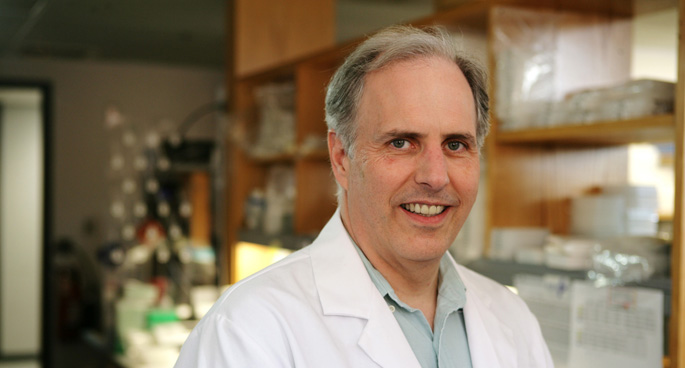
Eye disorder’s genetic risk factors come into focus
An international group of investigators has identified seven new genetic regions associated with age-related macular degeneration (AMD), a common cause of blindness in older individuals. Read MoreMar 7, 2013
-

Genetic testing just one weapon in HIV/AIDS fight
Genetic testing has revolutionized the treatment of patients with HIV/AIDS. But it is not a panacea. Read MoreJan 24, 2013
-

Genes, nutrients interact to shape traits
A new study identifies interactions between genes and nutrients that may participate in determining levels of cholesterol and triglycerides. Read MoreDec 12, 2012
-
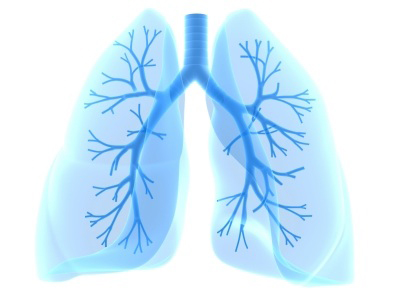
Genetic clues to lung scarring
A rare genetic syndrome provides new clues to lung scarring (pulmonary fibrosis), a potentially deadly consequence of many lung diseases. Read MoreDec 10, 2012
-

Inherited lung disease no worse in offspring
An inherited lung disease does not appear to have earlier onset and increased severity – a phenomenon called genetic anticipation – in successive generations. Read MoreNov 15, 2012
-
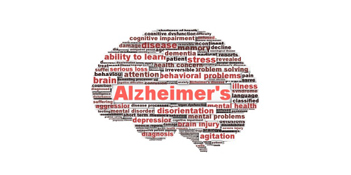
Amish aid search for Alzheimer’s genes
An analysis of Amish populations revealed novel risk genes for late-onset Alzheimer disease. Read MoreOct 11, 2012